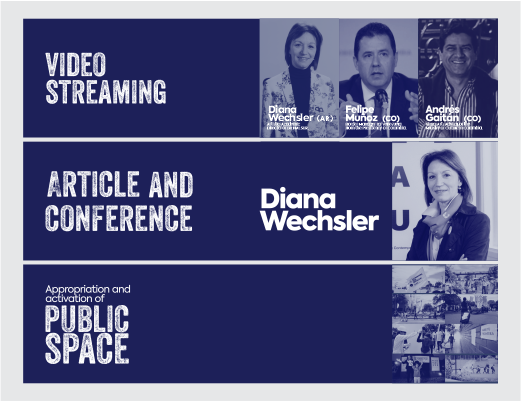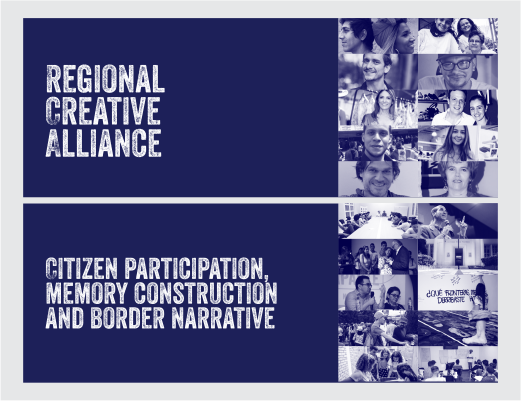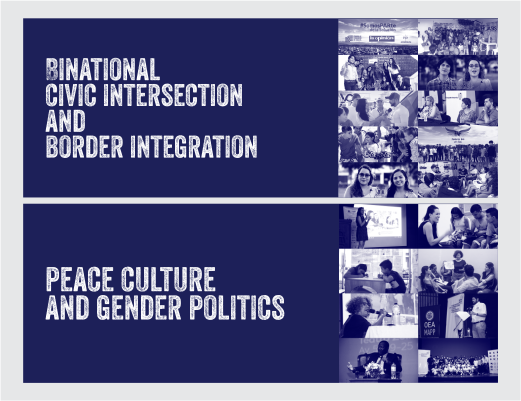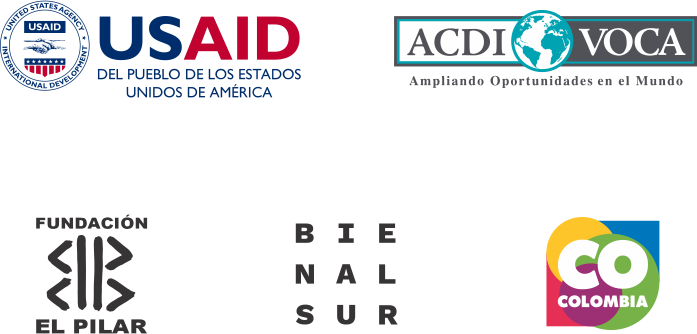

2017
Enclaved at the vertex of a vast geographic triangle with the Caribbean Sea as the base, the branch of the Venezuelan Andes as one side, and the branch of the Colombian Eastern Cordillera as the other, lies Cúcuta, population one million. Not only is it a natural border, but it’s also a political and cultural frontier. Where the mountains end, the Zulia River valley begins, shaping the large transnational basin, known as Lake Marcaibo. During the period of Spanish colonialism, the region was converted into the political-administrative limit of what much later would become Colombia and Venezuela, precisely at the centre of the natural, cultural and political area where the first constitution was drafted —The Constitution of Cúcuta or of Gran Colombia— for a nation formed by what are now four countries: Venezuela, Colombia, Panama, and Ecuador. Read more
COVID-19 has tested the contemporary global order, the spirit of the hive, modern capitalism and our interaction with nature. We have been given the task of creating new reflections for an ontology of the enclosed space, based on a global agenda that has been declared in quarantine and that has made everyone in the world today, more than ever, aware of the meaning of being TOGETHER APART.
2019
After the success in its first edition, with the largest organized mobilization of public and citizen participation around art in the border area and notable national and international visibility, JUNTOS APARTE begins a journey beyond its own program, participating in various spaces of debate such as the Unesco Chair of Communication at the Javeriana University of Bogotá, the 16th BIENALSUR Global South Forum in Buenos Aires, or the II Cultural Summit of the Americas in Buenos Aires, where he intervened as official spokesperson for “Cultural changes and migration”. Read more
Week 1

Week 2

Week 3

Week 4

MEETING OF ART, THOUGHT AND BORDERS
www.juntosaparte.com
This project was possible thanks to the generous support of the people of the United States through its Agency for International Development (USAID). The contents are the responsibility of the EL PILAR Foundation and do not necessarily reflect the opinions of USAID or the United States government.


